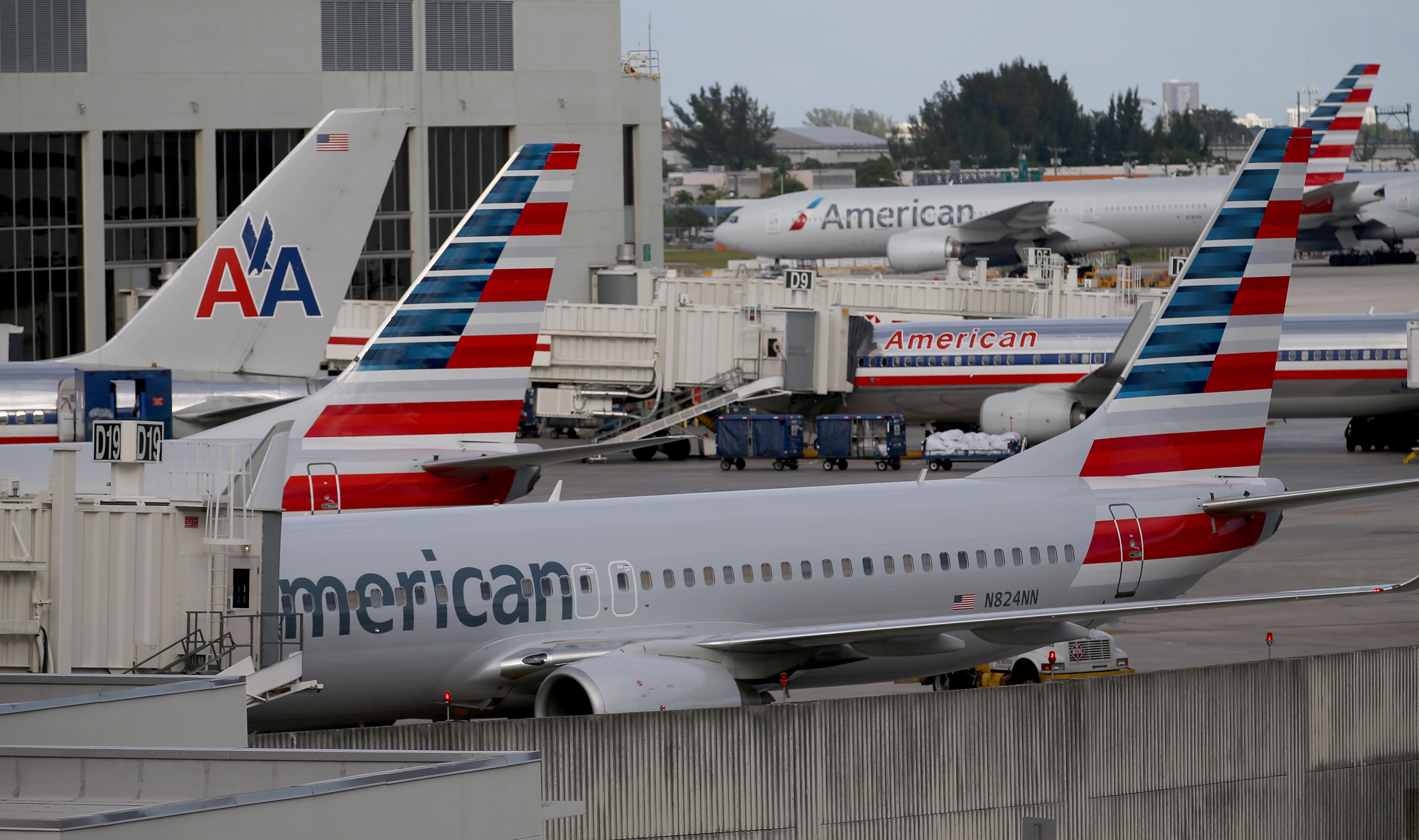The imminent federal trial over the Justice Department’s efforts to halt American Airlines from merging with US Airways is over, after the DOJ reached a settlement with the airlines in which they agree to disgorge a bunch of landing slots at Washington, D.C.’s Reagan National Airport, New York’s LaGuardia Airport, and a handful of other ones around the country. The Justice Department’s injunction was associated with a lot of tough talk, but the actual terms of the settlement are rather modest. That said, this was a very multilayered issue so the outcome produces a broad constellation of winners and losers.
Key winners:
1. American Airlines employees and their labor unions: The entire merger was substantially engineered by the labor unions representing American Airlines’ workers. When the company you work for goes bankrupt, that normally means lots of people are going to lose their jobs and take pay cuts. The key objective of organizing the merger was to minimize layoffs and givebacks, and the settlement leaves the pursuit of those goals intact.
2. US Airways management: The executive team at US Airways started out as the executive team at America West Airlines. Then they bought US Airways and got much bigger. Now they’re going to be running a really big airline. That’s a great basic business success story.
3. JetBlue and Southwest: It’s not entirely a done deal, but the basic tilt of the DOJ’s plan to mitigate the anti-competitive impact of the merger is to have the new entity sell a bunch of DCA and LGA slots to JetBlue and Southwest. How much good this will really do consumers is subject to debate (the American Antitrust Institute is skeptical), but it’s definitely a win for those airlines.
Losers:
1. Delta: Obviously a giant airline isn’t thrilled when two of its rivals team up to form an even more giant airline. Once the DOJ stepped up to potentially block the merger, Delta tried to get in on the action, suggesting that maybe they should get the DCA slots. But it’s not working out.
2. DC-based United Frequent Fliers: This group is important because it includes me. If you lived in Washington and were a frequent flier on United, you not only got to take advantage of United’s hub at Dulles and flights out of DCA but could also (via the Star Alliance) earn miles flying on US Airways out of DCA. With the merger going ahead, US Airways will be joining OneWorld, so the party’s over.
3. The flying public at large: This arrangement does relatively little to mitigate the basic anti-competitive impact of any large merger. Right now, for example, you can fly from Durango, Colo., to United’s Denver hub, to US Airways’ Phoenix hub, or to American’s Dallas hub. Then from those hubs you could connect to any number of cities. Even if the merger keeps in place service to both Phoenix and Dallas, the fact remains that now a one-connection flight from Durango to anywhere will have at most two competing options and often just one option. Given the underlying economics of the industry, I’m not sure the DOJ had a lot of viable options here, but the fact of the matter is that a lot of folks are going to see higher fares.
An interesting subplot here between Southwest’s acquisition of AirTran and its presumed acquisition of slots at DCA and/or LaGuardia is at what point has it grown so large that it no longer really functions as a “low cost” alternative to the major airlines.
